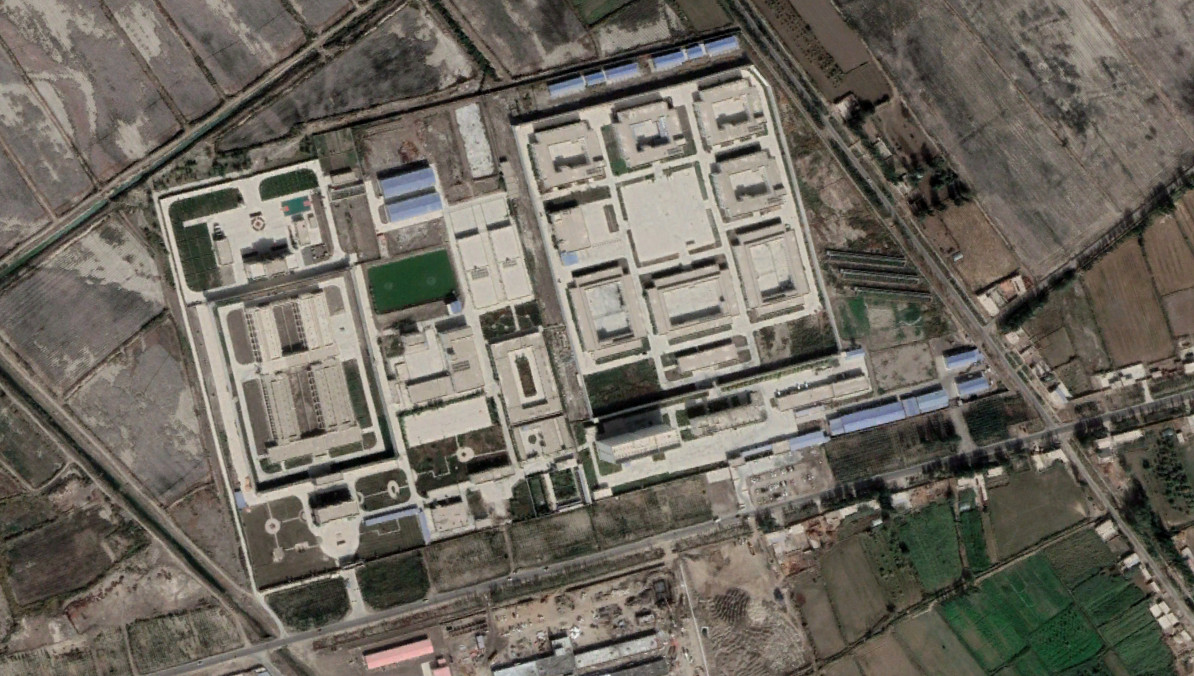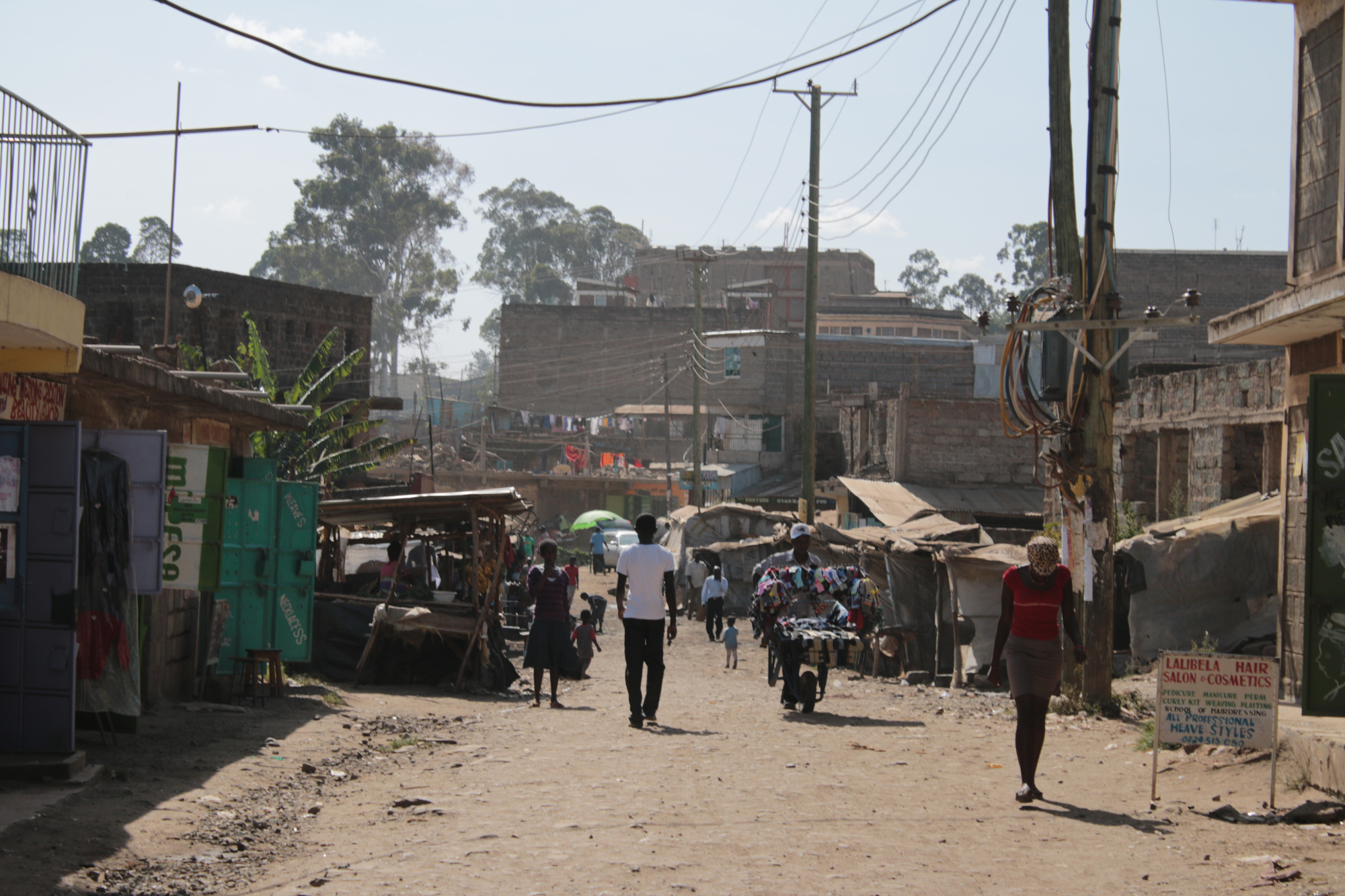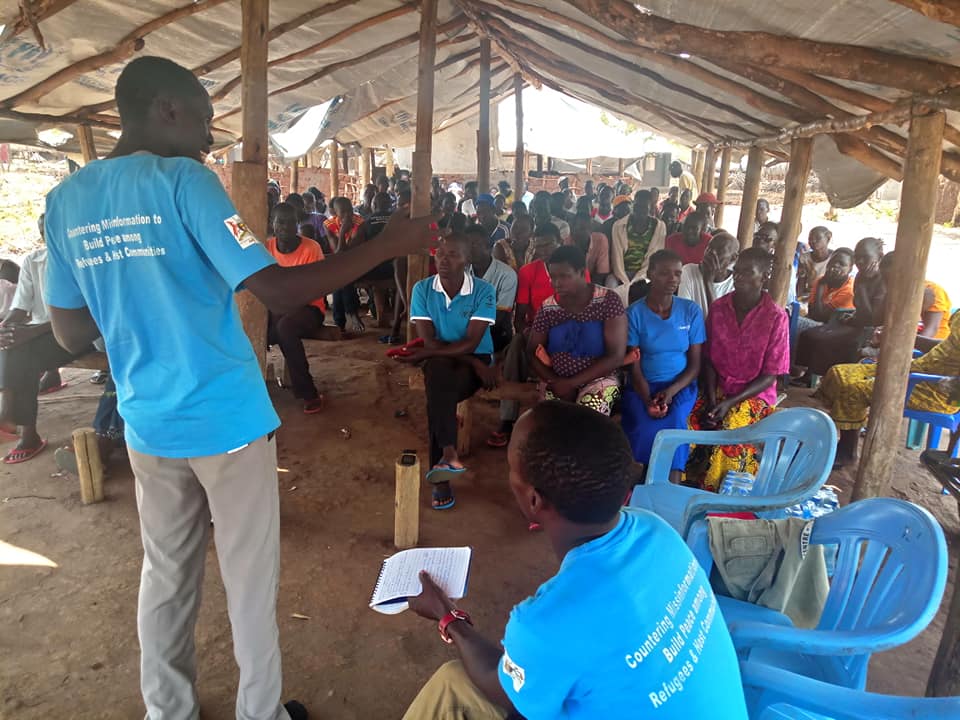Countries of operation
Number of active projects
Direct beneficiaries
Number of investigations or interventions
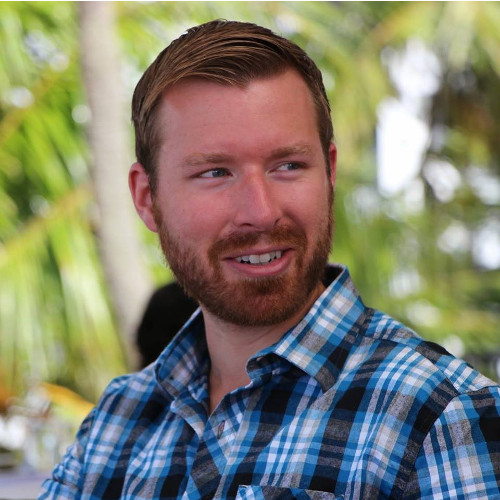
From Our FounderA continuing and meaningful impact
This was another challenging year for the Sentinel Project but our team has overcome many obstacles in the past so 2021 simply gave us new opportunities to put that experience to work. While we looked at 2020 as a turning point which saw our work expand into new countries, we took 2021 as an opportunity to focus on deeper engagement within the countries where we had the strongest presence, aiming to reach even larger numbers of people in more communities in places like South Sudan and the Democratic Republic of the Congo.
Just like in past years, we continued during 2021 to work not only on increasing the reach of our existing initiatives but also on developing new approaches to assisting communities threatened by mass atrocities. That includes the ongoing development of our ideas surrounding localized early warning, which is an exciting new approach to violence prediction and monitoring that can inform more targeted prevention work and more effectively help people navigate dangerous situations and avoid violence if it does happen. We’ve also continued to enhance the Sentinel Project’s technological capabilities with in-depth research on hate speech monitoring and further exploration of how satellite imagery can support the prevention, mitigation, and documentation of mass atrocities.
As always, none of our work would be possible without the contributions of two critical groups of supporters. First, everyone on our dedicated team of staff members and volunteers works hard under often difficult and sometimes dangerous conditions to advance the Sentinel Project’s mission and save lives. Second, our financial supporters, including both institutional funders and private donors, generously ensure that our team has the resources we need to do our work. During 2021 we were thankful for the ongoing support of the International Development Research Centre, the New Zealand Government, Global Affairs Canada, the Humanitarian Grand Challenge, and our private donors.
We are confident that our efforts during 2021 have continued the momentum that we built in previous and have kept the Sentinel Project on a path to have an even greater impact over the coming years.
Sincerely,
Christopher Tuckwood
Co-Founder & Executive Director
Our Mission & Focus
Cooperation and Innovation Working directly with threatened communities and implementing new and effective ideas is more important than ever.
Cooperation
Working directly with the people at the greatest risk of mass atrocities is one of the Sentinel Project’s core principles. It’s the foundation of all of our programming to involve the people in harm’s way in solutions that build the capacity to deescalate tensions, mitigate violence if it does happen, and establish lasting peacebuilding measures.
Although these kinds of field operations are inherently dangerous, Sentinel Project staff members work vigorously to reach the people who are most at risk in order to provide resources and assistance where it is needed most.
Innovation
Using innovative new tools and methods to counter violence requires taking chances. The Sentinel Project team takes a clinical approach to innovation, considering any concept or technology but using evidenced-based analysis of practicality to determine which projects proceed. Just because something is new and novel does not mean that it will work, just as older concepts and technologies still have a place in successful programming.
We don’t try to introduce new ideas just for the sake of having new ideas – we try to introduce new ideas that work.
Featured Projects
The projects and initiatives we are most excited about
Hagiga Wahid - South Sudan
The Hagiga Wahid project, initially launched in Uganda in 2019 and expanded to South Sudan shortly afterwards, has continued its tremendous growth. Serving communities that are at particularly high risk of violence and misinformation, the project has extended its reach to minor outlying areas of major population centres, humanitarian and refugee facilities, and a larger number of marginalized communities.
The project continues to demonstrate its relevance as the previously signed peace accords face serious risk of collapse due to ongoing conflict between the various factions. As these tensions escalate and contentious information arrives from many corners of South Sudan, the ability to access reliable and verified information in a timely manner is more important than ever.
Misinformation Surveys
During the course of project implementation, the Sentinel Project undertakes regular feedback and evaluation efforts to better understand the communities we serve. A central element of our analysis involves misinformation surveys which seem to quantify the mis(information) environment in which we work.
The findings of these surveys can be read in greater detail by clicking the “Learn More” button. They paint a picture of gender disparities in access to information, socio-economic barriers that prevent the free flow if information, power structures that can amplify misinformation, and a lack of resources available to communities for the verification of information. These have become target areas for our continued work in all of our operational areas.
Sri Lanka Misinformation Project
The Sentinel Project has partnered with Legal Action Worldwide (LAW) and Hashtag Generation to implement a misinformation management project in Sri Lanka. Following the 2019 Easter bombings in and around the capital of Colombo, a renewed wave of ethnic and religious tension swept across the country. Already a nation with bitter divisions, these recent events spurred a dramatic growth in online misinformation.
The project aims to address misinformation, hate speech and the gendered dynamic both of these problems contain. Working across broad range of disciplinary fields, this internationally coordinated project will return data in gendered misinformation and hate speech, provide insights into their nature and impacts, and will provide guidance on how to effectively counter these online challenges.
“This year has seen a lot changes and a lot of challenges to which our project staff have responded impeccably. Our initiatives continue to reach new communities and individuals which only strengthens our belief that our approach has well defined benefits that should be developed further.”
Donors and Sponsors
Our projects would not be possible without these supporters.

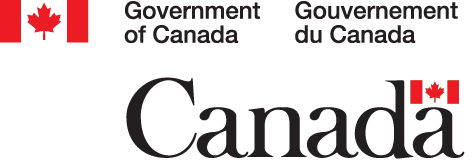
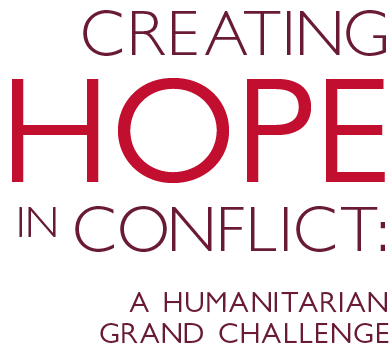


Funding Sources
Grants – 71.3% Individual – 2.8% Fees / Other – 25.9%
Spending Breakdown
Programming – 98.0% Administration – 2.0%
Funding By Year
2019 – $300,684 2020 – $407,249 2021 – $540,263
Make A Donation
Help the Sentinel Project out with a donation of any amount.
For alternate donation options, such as single time donations, please click here.

